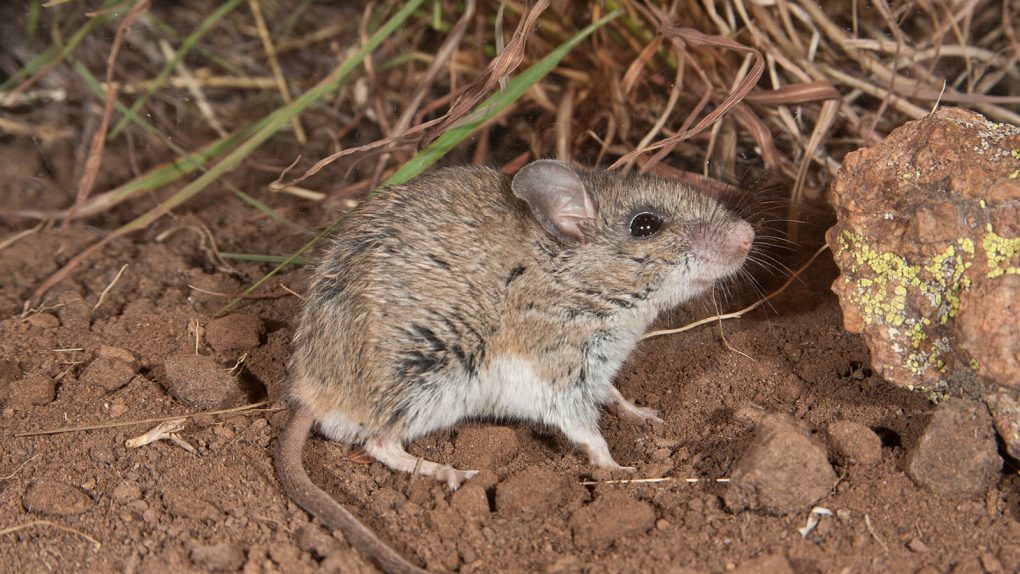Modern civilization has collectively decided that rodents are bad. We tend to feel the same way about most other creatures that are considered “pests,” like ants, cockroaches, and other insects, but rodents are really the only group of mammals that humans will routinely kill in their own homes without a second thought. Because of this, rodent-killing chemicals have become quite popular, and setting up a store-bought system to poison mice and rats is something that the average homeowner can do in just a few minutes.
Unfortunately, even if you’re okay with killing off every rodent on your property, doing so with poison may ultimately have unintended side effects. In a new paper published in Environmental Research, scientists in Europe examine the number of rodenticides and other chemicals found in the bodies of predatory birds. The data is shocking, to say the least, and should make you rethink your decision to poison rodents in the future.
For the study, researchers from a number of institutions in German teamed up to examine tissue samples of predatory birds in the region. The bird bodies, which were collected over a long period of time from 1996 through 2018, showed shockingly high levels of chemicals that are popular in pest control. In fact, over 80% of some of the species studied had detectable levels of the chemical in their liver tissue, and between 14% and 18% had enough that it may have been the cause of their deaths.
But even if a bird isn’t killed by acute poisoning, they can experience symptoms that ultimately cause them to die earlier than they might otherwise. In a region where birds of prey are seeing population drops at a rapid pace, this research may have uncovered one of the big drivers of that decline.
“Rodenticide poisoning represents an important cause of death for birds of prey,” the researchers write. “Species that facultatively scavenge have shown to be at high risk for rodenticide exposure. It seems that urban areas pose a great risk for birds of prey in terms of exposure to rodenticides, although the extent of exposure was not linked to the urban gradient.”
This is bad news both for the birds (and the dead rodents, of course) and for humans. Predatory birds are a natural form of pest control, and by poisoning their prey we’re ultimately also poisoning them. The die-off of these birds allows for rodent populations to boom, which leads to more poison being used, which leads to more birds dying as a result. It’s a vicious cycle and one that we need to get a handle on as soon as possible.
Incredibly, the rodent-killing chemicals weren’t the only scary substances found in the livers of the birds. The researchers also detected human drugs like ibuprofen in over 14% of the birds studied. It’s unclear exactly what the source of those drugs might be, but the scientists suggest that further research is necessary.








